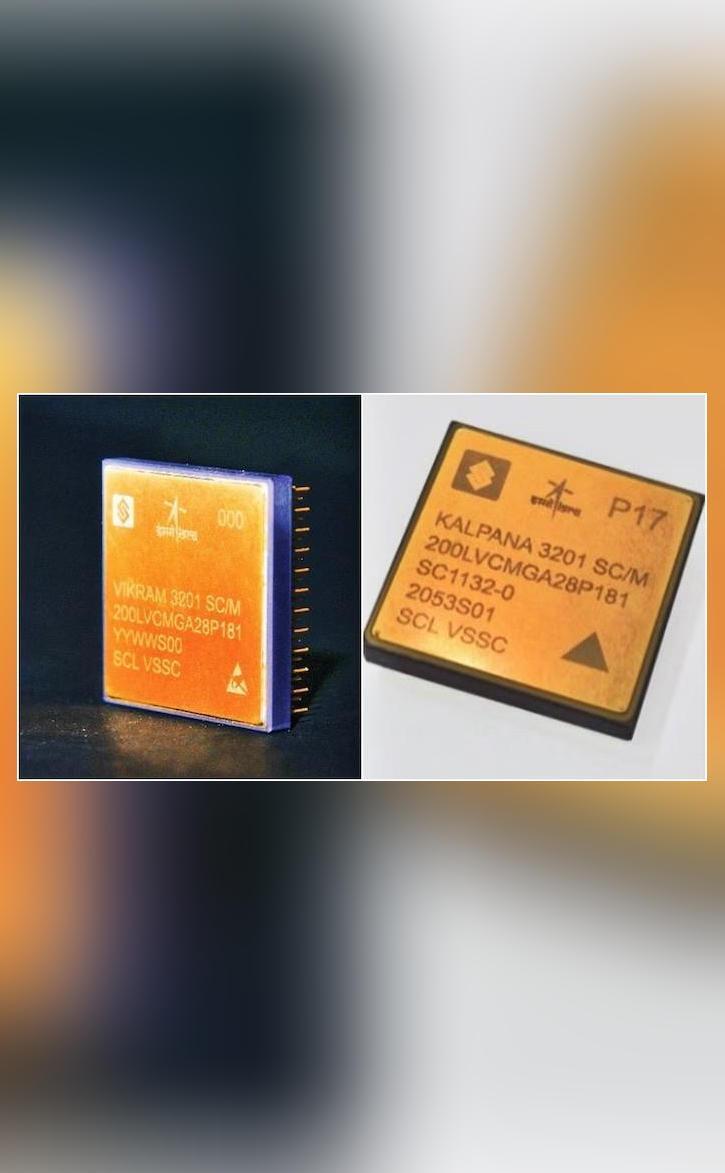
ISRO & SCL Develop 32-bit Microprocessors for Space Applications
The Indian Space Research Organisation (ISRO) and the Semiconductor Laboratory in Chandigarh have made a significant breakthrough in the field of space technology by jointly developing two 32-bit microprocessors, VIKRAM3201 and KALPANA3201. These microprocessors have been designed specifically for space applications, marking a major milestone in India’s journey towards self-reliance in space technology.
VIKRAM3201, the first fully “Make-in-India” 32-bit microprocessor, has been qualified for use in the harsh environmental conditions of launch vehicles, making it a significant achievement for the Indian space sector. The development of these microprocessors is a testament to the collaborative efforts of ISRO and SCL, and highlights India’s capabilities in design, development, and manufacturing of space-grade microprocessors.
The Need for Space-Grade Microprocessors
Space applications require microprocessors that can withstand extreme temperatures, radiation, and vibrations, which are not typically found in commercial microprocessors. Traditional microprocessors used in space applications are often imported, which can be cost-prohibitive and reliant on foreign supplies. The development of VIKRAM3201 and KALPANA3201 addresses this concern by providing India with a domestic solution for space-grade microprocessors.
Features of VIKRAM3201 and KALPANA3201
VIKRAM3201 and KALPANA3201 are designed to meet the specific requirements of space applications. Some of the key features of these microprocessors include:
- 32-bit architecture with a clock speed of up to 200 MHz
- High-reliability design with a fail-safe mechanism to ensure system stability
- Low power consumption, making them suitable for battery-powered systems
- Support for multiple bus interfaces, including parallel, serial, and SPI
- Advanced security features, including encryption and decryption capabilities
Applications of VIKRAM3201 and KALPANA3201
The VIKRAM3201 and KALPANA3201 microprocessors have a wide range of applications in space technology, including:
- Navigation systems: These microprocessors can be used in navigation systems, such as GPS receivers, to provide accurate location and velocity information.
- Communication systems: The microprocessors can be used in communication systems, such as transceivers, to enable data transmission and reception.
- Control systems: The microprocessors can be used in control systems, such as flight control systems, to regulate the movement of spacecraft and launch vehicles.
- Data processing systems: The microprocessors can be used in data processing systems, such as data acquisition and processing systems, to process and analyze data from space missions.
Benefits of Domestic Development
The development of VIKRAM3201 and KALPANA3201 by ISRO and SCL has several benefits for the Indian space sector, including:
- Reduced dependence on foreign imports: With the development of domestic microprocessors, India can reduce its dependence on foreign imports and rely on its own capabilities.
- Increased self-reliance: The development of VIKRAM3201 and KALPANA3201 demonstrates India’s capabilities in design, development, and manufacturing of space-grade microprocessors, increasing its self-reliance in space technology.
- Cost savings: Domestic development of microprocessors can lead to cost savings, as India can avoid the costs of importing foreign microprocessors.
- Enhanced competitiveness: The development of VIKRAM3201 and KALPANA3201 can enhance India’s competitiveness in the global space market, as it can offer custom-made solutions to meet the specific requirements of space missions.
Conclusion
The development of VIKRAM3201 and KALPANA3201 by ISRO and SCL is a significant milestone in India’s journey towards self-reliance in space technology. These microprocessors have been designed to meet the specific requirements of space applications, and their development demonstrates India’s capabilities in design, development, and manufacturing of space-grade microprocessors. The benefits of domestic development are numerous, including reduced dependence on foreign imports, increased self-reliance, cost savings, and enhanced competitiveness. As India continues to push the boundaries of space technology, the development of VIKRAM3201 and KALPANA3201 is a significant step forward.
Reference






